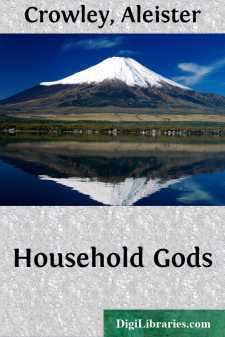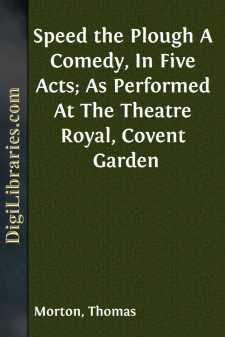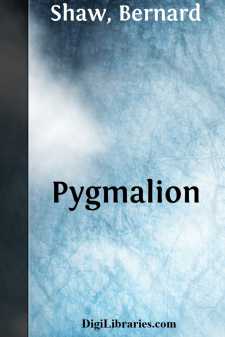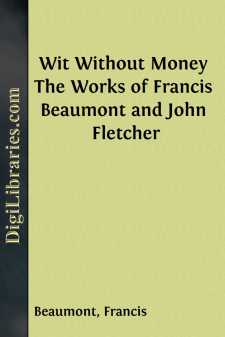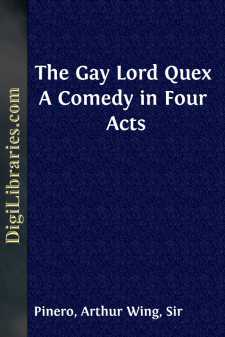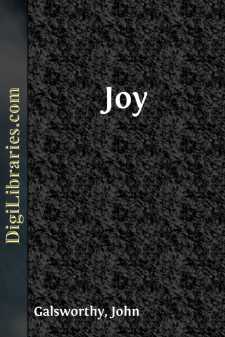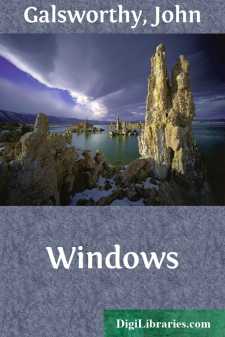Drama
- American 43
- Ancient, Classical & Medieval 45
- Asian 7
- Caribbean & Latin American 2
- Continental European 50
- English, Irish, Scottish, Welsh
- General 105
- Middle Eastern 1
- Religious & Liturgical 1
- Shakespeare 1
English, Irish, Scottish, Welsh Books
Sort by:
by:
Aleister Crowley
HOUSEHOLD GODS THE SCENE is at the hearth of CRASSUS, where is a little bronze altar dedicated to the Lares and Penates. A pale flame rises from the burning sandal-wood, on which CRASSUS throws benzoin and musk. He is standing in deep dejection. CRASSUS.Smoke without fire! No thrill of tongues licks up The offerings in the cup.Dead falls desire. Black smoke thou art, O altar-flame, that dost...
more...
by:
Thomas Morton
This comedy excites that sensation, which is the best security for the success of a drama—curiosity. After the two first acts are over, and pleasantly over, with the excellent drawn characters of Ashfield and his wife, and the very just satire which arises from Sir Abel's propensity to modern improvements—the acts that follow excite deep interest and ardent expectation; both of which are so...
more...
by:
John Galsworthy
ACT I SCENE I The study of JOHN BUILDER in the provincial town of Breconridge.A panelled room wherein nothing is ever studied, except perhapsBUILDER'S face in the mirror over the fireplace. It is, however,comfortable, and has large leather chairs and a writing table in thecentre, on which is a typewriter, and many papers. At the back is alarge window with French outside shutters, overlooking the...
more...
INTRODUCTION Encouraged by the reviewer who announced that the Introduction to my previous collection of plays was the best part of the book, I venture to introduce this collection in a similar manner. But I shall be careful not to overdo it this time, in the hope that I may win from my critic some such tribute as, "Mr. Milne has certainly improved as a dramatist, in that his plays are now slightly...
more...
by:
Bernard Shaw
As will be seen later on, Pygmalion needs, not a preface, but a sequel, which I have supplied in its due place. The English have no respect for their language, and will not teach their children to speak it. They spell it so abominably that no man can teach himself what it sounds like. It is impossible for an Englishman to open his mouth without making some other Englishman hate or despise him. German...
more...
by:
Francis Beaumont
Actus primus. Scena prima. Enter Uncle and Merchant. Merc. When saw you Valentine? Uncle. Not since the Horse-race, he's taken up with those that woo the Widow. Mer. How can he live by snatches from such people? he bore a worthy mind. Uncle. Alas, he's sunk, his means are gone, he wants, and which is worse,Takes a delight in doing so. Mer. That's strange. Unc. Runs Lunatick, if you but...
more...
THE GAY LORD QUEX THE FIRST ACT The scene represents a manicure establishment in New Bond Street. It is a front room upon the first floor, with three french-windows affording a view of certain buildings on the east side of the street. On the left, furthest from the spectator, is a wide, arched opening, apparently leading to another apartment, in which is the door giving entrance to the rooms from the...
more...
by:
John Galsworthy
ACT I The time is morning, and the scene a level lawn, beyond whichthe river is running amongst fields. A huge old beech treeovershadows everything, in the darkness of whose hollow manythings are hidden. A rustic seat encircles it. A low wallclothed in creepers, with two openings, divides this lawn fromthe flowery approaches to the house. Close to the wall there isa swing. The sky is clear and sunny....
more...
by:
John Galsworthy
ACT I SCENE I The scene is a well-lighted, and large, oak-panelled hall, withan air of being lived in, and a broad, oak staircase. Thedining-room, drawing-room, billiard-room, all open into it; andunder the staircase a door leads to the servants' quarters. Ina huge fireplace a log fire is burning. There are tiger-skinson the floor, horns on the walls; and a writing-table againstthe wall opposite...
more...
by:
John Galsworthy
ACT I The MARCH'S dining-room opens through French windows on one of thosegardens which seem infinite, till they are seen to be coterminouswith the side walls of the house, and finite at the far end, becauseonly the thick screen of acacias and sumachs prevents another housefrom being seen. The French and other windows form practically allthe outer wall of that dining-room, and between them and the...
more...


